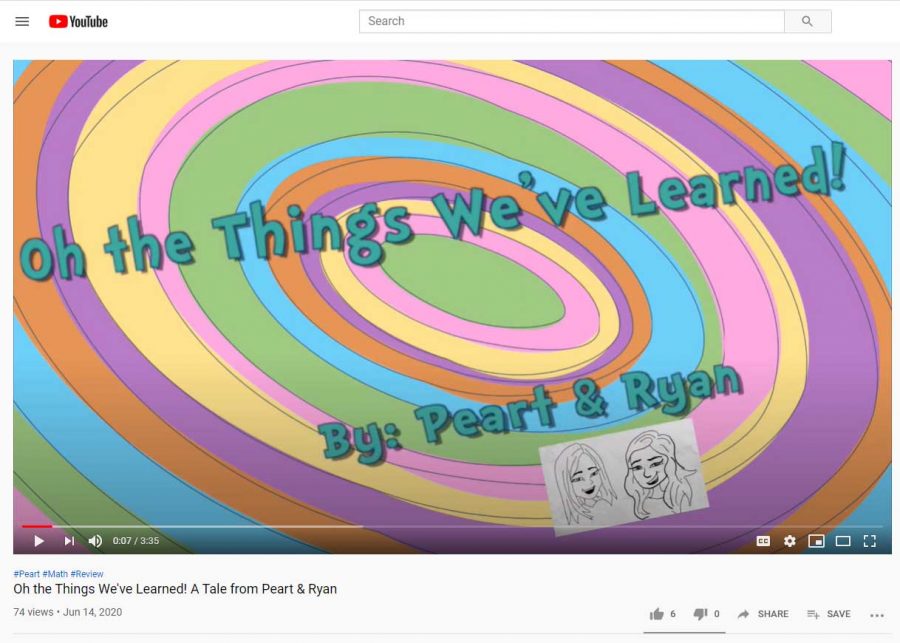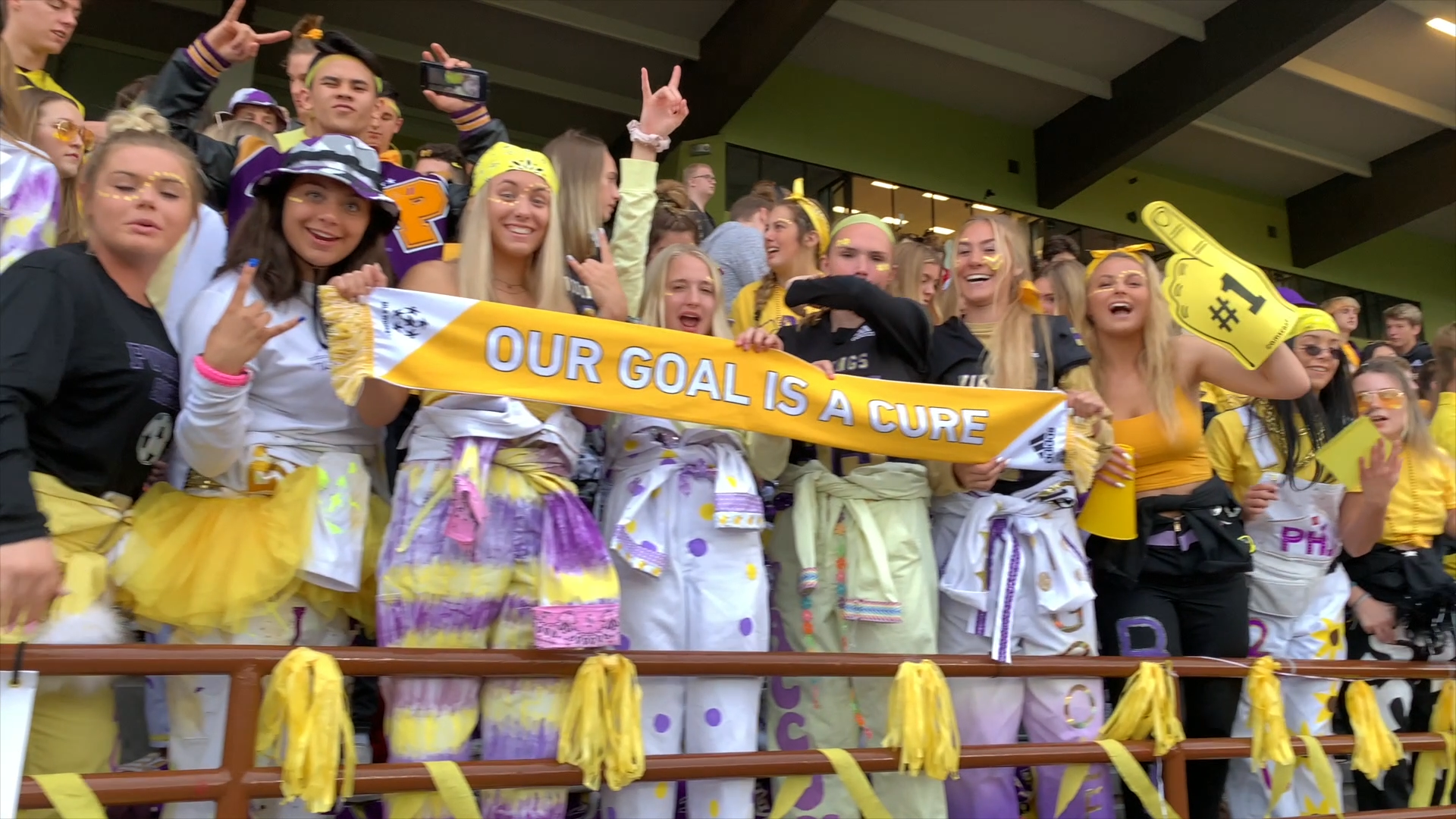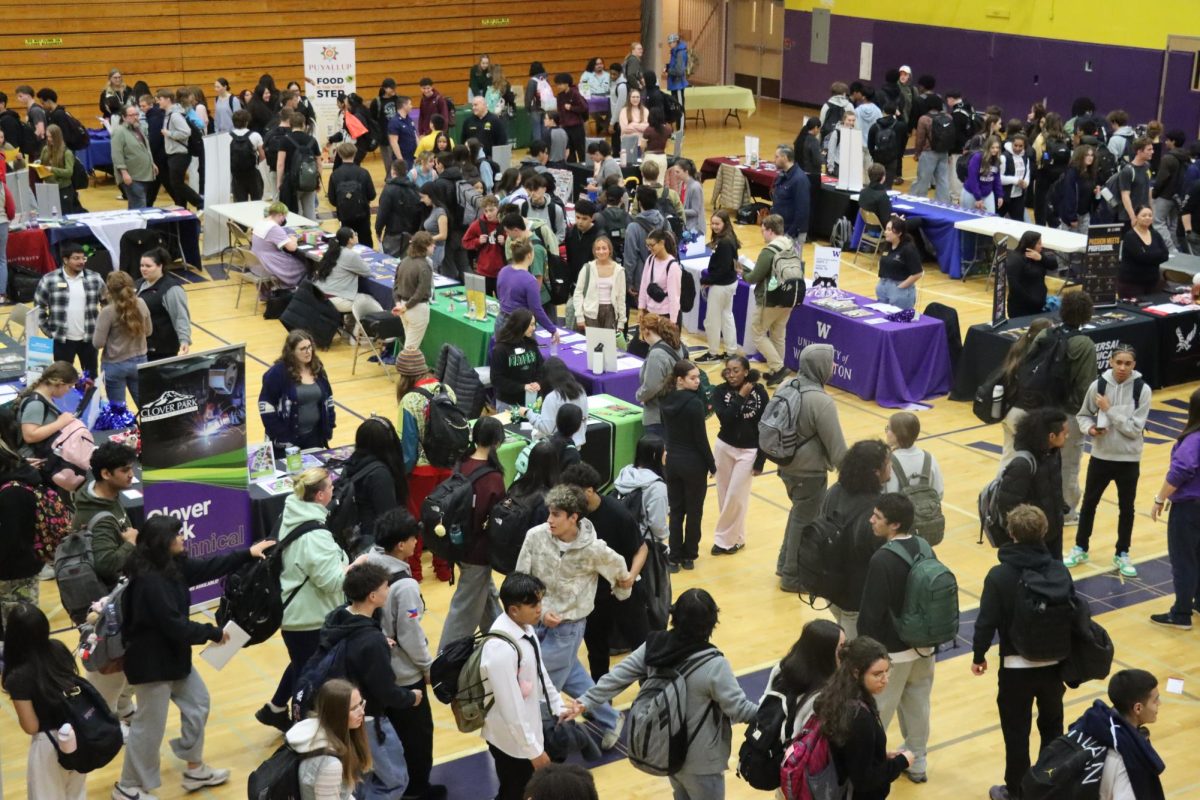While the multiple media outlets swarm with news of political campaigns, Twitter has opted out of the trend with their new political ad ban policy, cutting out any politically-affiliated ads on the social media site.
“While internet advertising is incredibly powerful and very effective for commercial advertisers. That power brings significant risks to politics, where it can be used to influence votes to affect the lives of millions,”CEO of Twitter, Jack Dorsey stated
Meanwhile, Facebook is taking the opposite stance with their CEO Mark Zuckerberg arguing that the ban on political ads violates the fundamentals of freedom of speech,
“I don’t think most people want to live in a world where you can only post things that tech companies judge to be 100 percent true,” Zuckerberg stated in a press conference concerning the controversy.
This whole controversy began when it came out that Facebook was running a false political ad about Trump’s re-election, which contained inaccurate claims about former Vice President Joe Biden and his son. Zuckerberg was aware of this ad and its falsehood yet still let it be displayed on Facebook.
After hearing backlash from his stance on this ad, Zuckerberg responded.
“I think there are good reasons for this,” Zuckerberg said. “I don’t think it’s right for private companies to censor politicians and the news.”
Dorsey responded to this with a poke at Zuckerberg.
“For instance, it’s not credible for us to say: ‘We’re working hard to stop people from gaming our systems to spread misleading info buuut if someone pays us to target and force people to see their political ad…well…they can say whatever they want!’” Dorsey posted to his Twitter.
However, Zuckerberg remains stagnant with supporting his claims at not having any drastic financial gain from these ads, citing his financial estimates which don’t predict much financial influx from these previously stated political ads, less than 0.5 percent of revenue to be exact.
What the conflict brought up though is there could be a potential lack of information on Twitter but an overcompensation of information on Facebook, some of which may not even be true.
The question now is what is Zuckerberg’s next move?
After Dorsey commented on Zuckerberg’s reasoning behind his decisions, Zuckerberg referenced Google and Youtube, as well as cable networks that don’t censor information to the public. That argument though, did not hold up since shortly after Google began talks of reining in political advertising.
YouTube has yet to make a move and may never make a move. However one can see that social media is making a big change in regards to ad choices and protecting users and their ideas. Both options could potentially be good or bad due to both having an equally destructive downfall.
These arguments mainly took place in late October and early November. Facebook still has yet to make any moves towards changing their ad policies and the disagreements seem to have for the most part subsided. With the Impeachment Hearings beginning to come to a close and re-election talk as well as political candidates still being front runners with news, political ads aren’t far behind.








